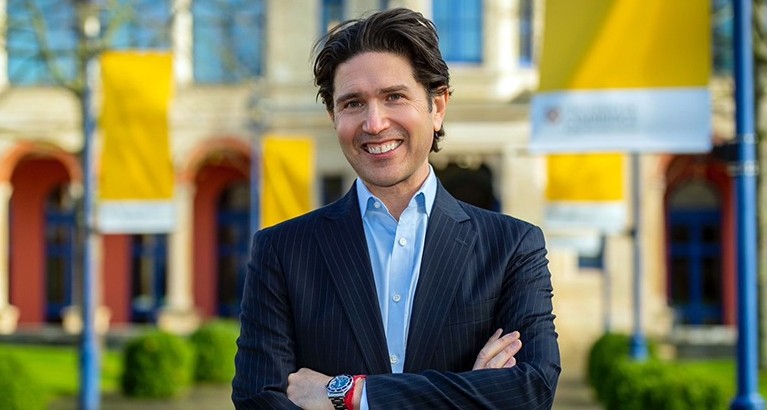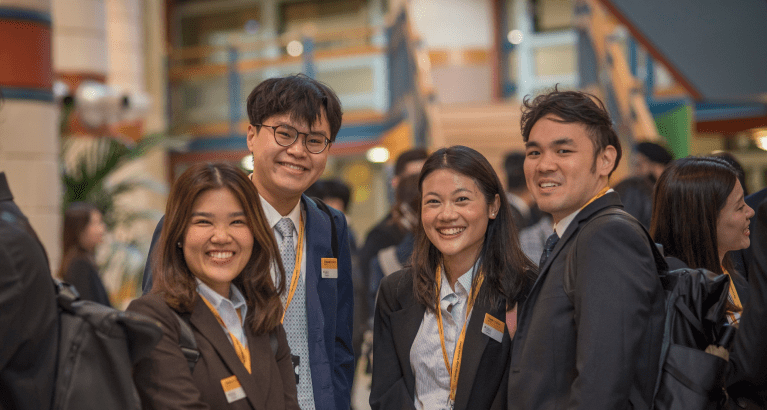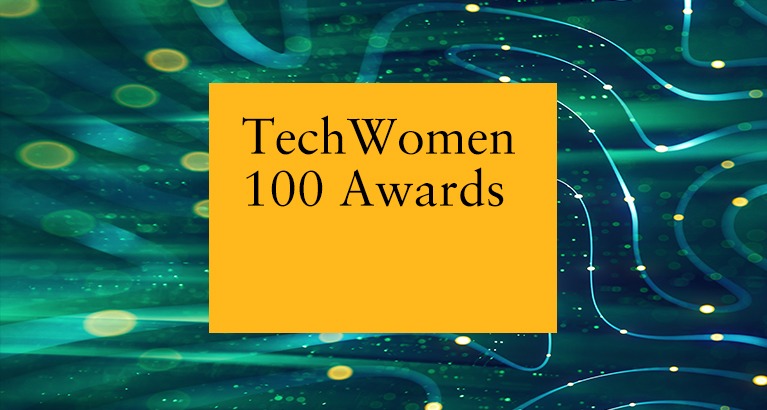A sustainability outlook and mindset
The focus of Chris Marquis’ research and teaching is on sustainable business and in particular how businesses can help society and the economy move to a more resilient and sustainable form of capitalism. On a personal level, he is delighted his recent move to Cambridge has allowed him to practice what he advocates for.
“From when I was 16 up to age 51, I have owned an automobile. I sold my last car a week before leaving the United States. And I am a bit embarrassed to admit it was a Porsche.”
Arriving in Cambridge, the former SC Johnson Professor in Sustainable Global Enterprise at Cornell SC Johnson College of Business was enthusiastic about commuting by bike.
“But it was still the pandemic and there were supply chain problems in getting one. My college, Jesus College, is centrally located, and the city of Cambridge is very flat, so I took to walking everywhere, admiring the beautiful buildings. Now I have no interest in ever getting a car again. It is very liberating.”
Marquis has also taken delight in the college system. “As a Fellow of Jesus College, I live in their housing, and I lunch there every day when in town. I might be sat next to a historian one day, a biologist the next. We have wonderful inter-disciplinary discussions. This opportunity to exchange ideas really is the secret sauce of Cambridge.”
The value of inter-disciplinary learning
With a BA in History with Asian Studies and a PhD in Sociology and Business Administration, as well as an MBA, Marquis has always appreciated the value of inter-disciplinary learning.
“It can be hard to communicate the specialised research and data that we academics spend our time on. But if you are put on the spot to explain your work in a way the public (and that includes academics from other fields at lunch!) can understand, you are forced to think more deeply about your own ideas.”
Sustainability learning at Cambridge Judge Business School
After 10 years at Harvard Business School followed by six at Cornell, he was attracted to make the move to join Cambridge Judge Business School in part by the focus of the faculty on sustainability, believing that:
“There are few business schools with such a deep and wide expertise in sustainability from the point of view of both strategy and organisational management. And here in Cambridge thinking on sustainability is not a token.
“It goes far wider than at most places, you find it across many areas of the Business School and University in finance, accounting, economics, computer science, architecture, conservation – the list goes on. There is a real leadership opportunity for the Business School to act as a catalyst and a hub around sustainability.”
Sustainability Pathway – a new curriculum strand for the MBA
Marquis is excited by the Sustainability Pathway recently introduced as an optional area of focus for the MBA curriculum. Designed to provide students with a comprehensive understanding of sustainable business practices, it brings together many already existing offerings from Concentrations to electives, to cover issues around sustainable supply chain management, business strategy, the UN Sustainable Development Goals and stakeholder engagement.
“Now it is a fashionable topic but back when I was in school – corporate social responsibility (CSR), as it was called then – was very much off to the side. I was among the early set of academics who had to fight to be allowed to study the topic at all. Many were told that, if we persisted, we had no chance of an academic job.”
A longstanding interest in China
Marquis is familiar with persistence. He had been interested in China since high school, when a teacher in his Asian studies class fired up his enthusiasm about Chinese history and culture.
“I intended to go to China during my undergraduate years, but I started in 1988 and the next year was the Tiananmen Square massacre and travel to the country became more challenging. I finally made it there in 1996.”
After taking an MA with a focus on Chinese history in 1993 at the University of Pittsburgh, followed by his MBA the following year, Chris joined PNC Bank Corporation.
“I had an influential mentor there. But, through a series of mergers, he lost his position, and I ended up as Vice President and Technology Manager at the bank, which eventually became part of JP Morgan Chase. I looked at the people twenty years up the career ladder from me and wasn’t sure that was where I wanted to go.”
Marquis is the author of two books around his research interests: “Mao and Markets: The Communist Roots of Chinese Enterprise,” which was a ‘Financial Times’ Best Book of 2022, and “Better Business: How the B Corp Movement is Remaking Capitalism,” which also won several awards. Looking back, he sees “a line of logic that I can draw through my career path that would take me to where I am now. But it wasn’t a plan.”
He is keen to credit the support he received during his PhD at the University of Michigan for helping him on his way and is enjoying the opportunity to return the favour. “My doctoral advisers during my PhD put a lot of effort and energy into me and throughout my career I have been a very active mentor of PhD students myself.”
When he came to Cambridge Marquis was also keen for his students to be able to share the opportunity to travel to China. “Between 2010 and 2020 I spent a total of three and a half years in China, many years visiting five to six times a year myself, sometimes taking students along. It has been fascinating to watch how the country has approached the huge sustainability challenges it faces.”
The MBA International Business Study Trip
Meanwhile, along with Director of the MBA Programme, Professor Michael Kitson, earlier this year Marquis taught the inaugural MBA International Business Study Trip – held in Berlin, and he previously also taught on a similar international study trip for Executive MBA students to Lisbon.
“These international study trips provide the MBA students with an additional opportunity to connect theory with practice. In Germany, for instance, our hosts included a multi-national pharmaceutical company, a carbon accounting solutions software start-up and a local craft brewer; while in Lisbon we visited a drone manufacturer and a high-tech winery amongst outings. I was able to engage with the students from a different perspective. I learn a lot from their varied expertise. And it gave us lots to talk about over lunch!”
Featured faculty
Christopher Marquis
Sinyi Professor of Chinese Management





